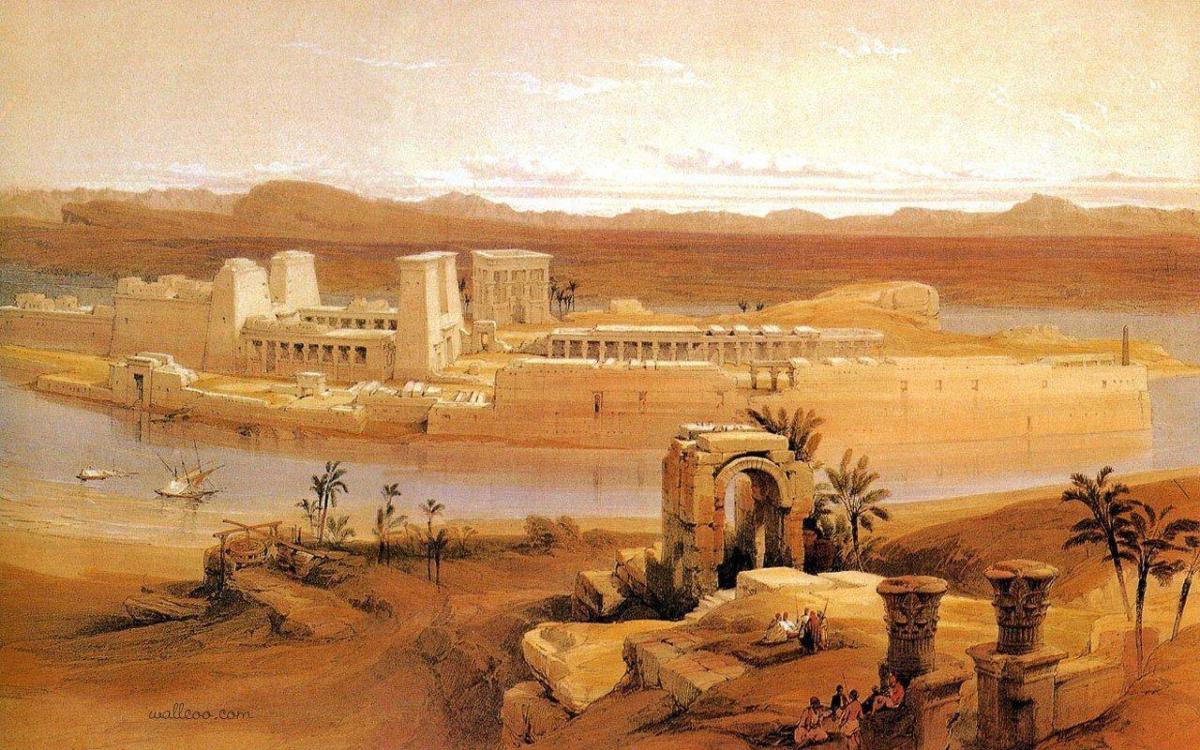Hoarding and Monopoly in Islam
The concept of monopoly relates mainly to trade distribution rather than production. He who withholds goods for the pursuit of higher prices is called Muhtakir (Hoarder) in Islamic jurisprudence. The Prophet’s tradition is to encourage the supply of goods and discourage withholding, particularly in the case of food items. The Prophet’s authentic tradition embodies strong warnings against monopoly and hoarding. It is held by many commentators that the sin of monopoly is the one implied in the Quranic warning against those who profane the sacred mosque. Thus, it has the more specific meaning of food monopoly in the sacred mosque as a heinous sin.
Al-Duri, A/Rahman Qahtan (1964), demonstrated different viewpoints in Islamic jurisprudence about the jurists, concept of monopoly, concluding his discussion with the definition: Ihtikar (Hoarding) is the withholding of anything is the pursuit of higher prices that causes damage to people. This inclusive definition reflects the Malikite position as well as the Abu'Yousifs (Imam Abu Hanifa's student). However, Mohammad Ibn Al-Hassan (Imam Abu Hanifa's student), considered clothing and food items as the sole subject matter of harmful monopoly. But Abu Hanifa himself, the Shafi’ite and Hanbalite restricted monopoly to food items only.
The Shafi’ite definition of monopoly added yet another controversial feature. They did not consider the purchase of goods during low prices period a monopolist acts, even if the purchaser intended to withhold the goods until the time of high prices. They define a monopolist as one who buys at the time of high prices to make the prices much higher. The Hanafite have offered the additional insight of discussing the withholding time, which shows that other schools have made little efforts in this respect. Later jurists, like Ibn Al-Qaiyim, included work cartels in their definitions of monopoly, as well as all other forms of cartel monopoly which would result in high prices and shortages (relate this to the modern anti-trust law).
As regard the antimonopoly policy, Al-Duri distinguished to vital measures.
- curative measures
- preventive measures
In the former case, there are two different approaches among the jurist on how curative measures can be carried out by the court of justice. Both approaches require the breaking of monopolist’s withholdings and the full release of goods to the market, but they have a different opinion on the discussion that how the released good should be priced. On one hand, there is the viewpoint that the released goods have to price by the court, which seems to be the one adopted by the major schools of jurisprudence. The Hanafites, on the other hand, disapprove of price fixing, arguing that the pricing of the released goods should be left to the free market. The Hanafite position seems to be a better solution since it avoids the two likely situations of deficit or surplus which may arise from pricing policy.
The preventive measures of monopolistic power are not given due attention in the received jurisprudence. Yet, al-Duri included in this category all necessary measure which prevents the emergence of monopoly, using the Prophet’s example of preventing the meeting of trade caravans (before reaching the market), and the selling of an urban to a nomad. We may still include other measures like the deliberate provision for free market entry and exit through the prophet’s lifting of trade tax (kharaj).
It will be interesting to ask the question: how do the Islamic jurists understanding to monopoly relate to its economic concept? The economics of monopoly encompasses all levels of market imperfection, departing, from the theoretical ideal of perfect completion and including pure monopoly, duopoly, and monopolistic competition. Yet, as mentioned above, the Islamic jurist position in monopoly is a matter of economic policy rather than theoretical modeling. It is a matter of legal code rather than economic analysis. Hence, it should be compared with the modern anti-trust law, not with economic theory. Nonetheless, we cannot belittle the theoretical insight that Islamic economics may gain from the methodology of model building.



